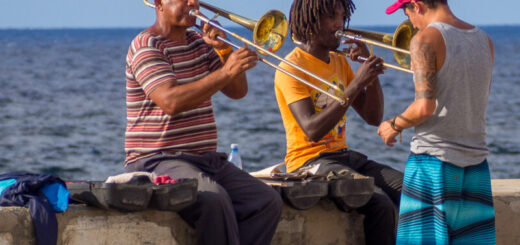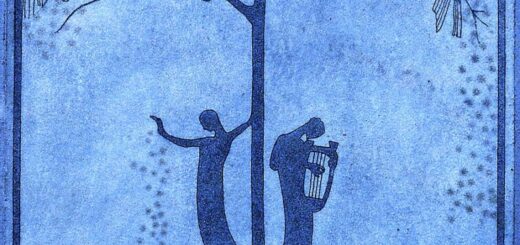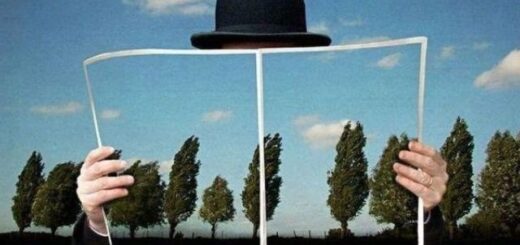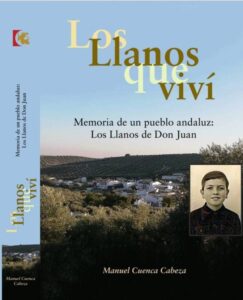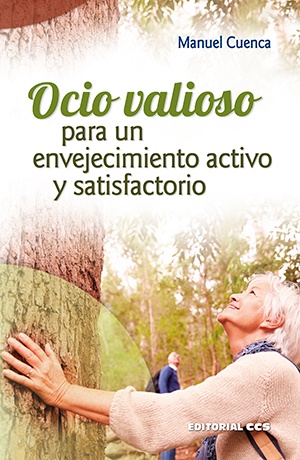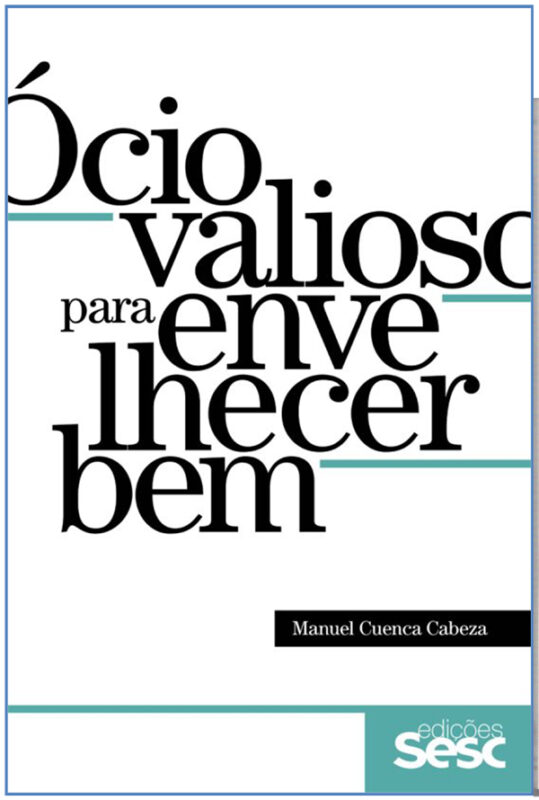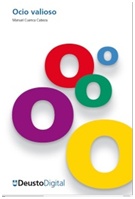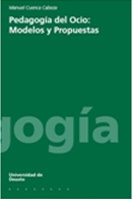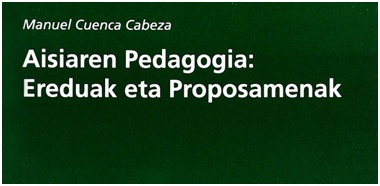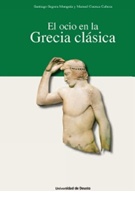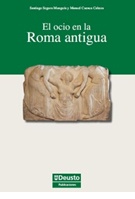Leisure itineraries
Leisure itineraries
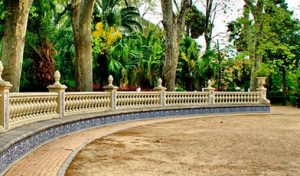
The knowledge of leisure and its manifestations in the lives of individuals and communities today is opening up new areas of research that are full of interest and possibilities.Beyond the mere occupation of free time, current research studies deal with new issues such as experimental leisure, the contributions of leisure to the quality of life and personal or family health or the importance of leisure throughout life. Leisure itineraries focus on the latter, on leisure throughout our lifetime, from the birth, evolution and decline of our leisure practices and hobbies. No one questions in contemporary societies the deep appreciation that the leisure phenomenon has experienced, as many reasons support it. Some of these explicitly include the role it plays as the driving force of economic and social growth, under the so-called leisure industries. There is also full awareness that leisure is a human right that can help us to achieve a better life.
Leisure itineraries are an ideal epistemological framework to address the psychosocial nature of leisure and its procedural nature, as a phenomenon that accompanies the person throughout his/her lifetime.Based on a life-cycle approach,and supported by the theoretical currents that have delved into the study of lifelong leisure, a number of issues are raised here about the evolution of leisure, the patterns of change underlying this process, the possibility of understanding people on the basis of such changes, the predictive power of this knowledge,and its value in encouraging the persistence of leisure throughout life and promoting its role as a factor of personal development. Ultimately, the incorporation of the concept of itinerary into the study of leisure as part of the life cycle brings new light to find answers to these questions.
More information
María Jesús Monteagudo y Manuel Cuenca, Leisure Itineraries from a Research Perspective: Trends, Challenges and Contributions – pedagogía social.revista interuniversitaria [1139-1723 (2012) 20, 103-135] • tercera época

